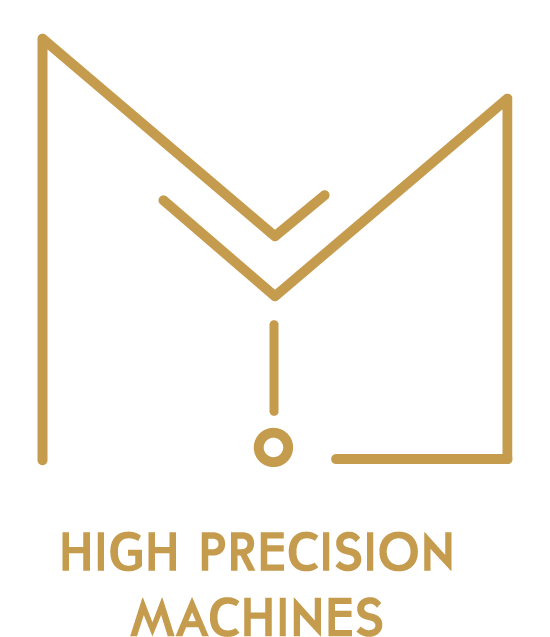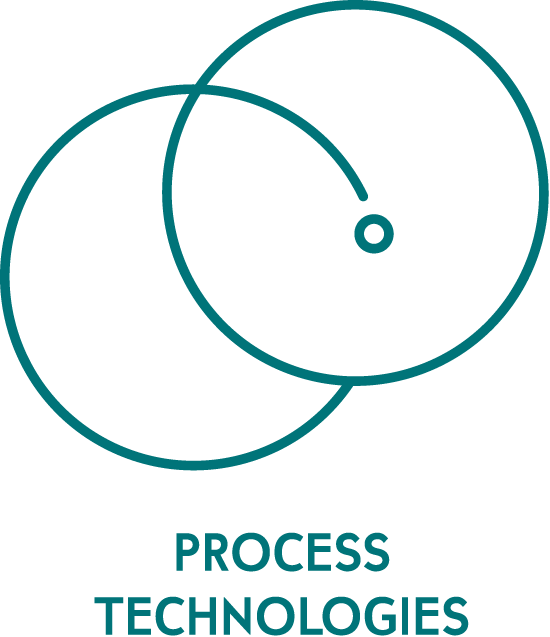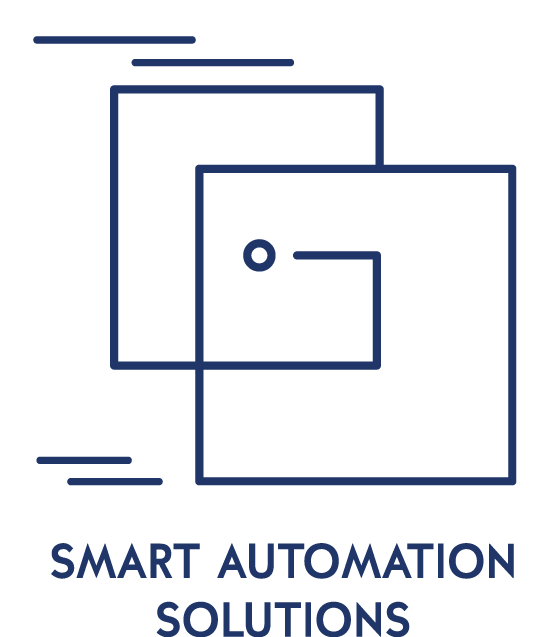Fives is developing the first CO2 capture solutions for the aluminium industry through a consortium project with Aluminium Dunkerque and Trimet and Rio Tinto
Primary aluminium production accounts for 2% of global greenhouse gas emissions, which corresponds to an average of 16.1 tonnes of CO2 emitted globally per tonne of aluminium produced (in France, the average is less than 5 t/CO2).
A partnership based approach, a key success factor
Fives has been committed to decarbonising industry for over twenty years.
The Fives Group has built its technological leadership in partnership with numerous industrial companies in every sector. After joining forces with the world's leading players in the hydrogen sector, the digitalization of industrial processes and the best research centers, Fives is now extending its partnership approach to carbon capture.
“Working in partnership guarantees the development of solutions that meet the needs of the field and are tested immediately under real operating conditions. Combining the experts in each technology means that a complete, high-performance solution can be achieved quickly”, Sebastien Gauguier, CEO of the Aluminium Division
- Aluminium Dunkerque and Trimet in St Jean de Maurienne will be combining their expertise to help develop this technology on their respective sites.
- Rio Tinto, one of the world's largest aluminium producers, has expertise in the electrolysis process
- Fives brings its technology for capturing and treating gas emissions from primary aluminium production.
From pilot to industrial phase
The project, which is part of the France 2030 plan, will shortly be submitted to the French Environment and Energy Management Agency (ADEME).
As the first step towards radical decarbonisation, the project comprises two main stages at the Trimet St Jean de Maurienne and Aluminium Dunkerque sites:
- 2024-2027: experimentation in test pots and prototype installation
- From 2028: industrial deployment of the technology on part of the sites. The aim is to reduce emissions by 50% by 2030





